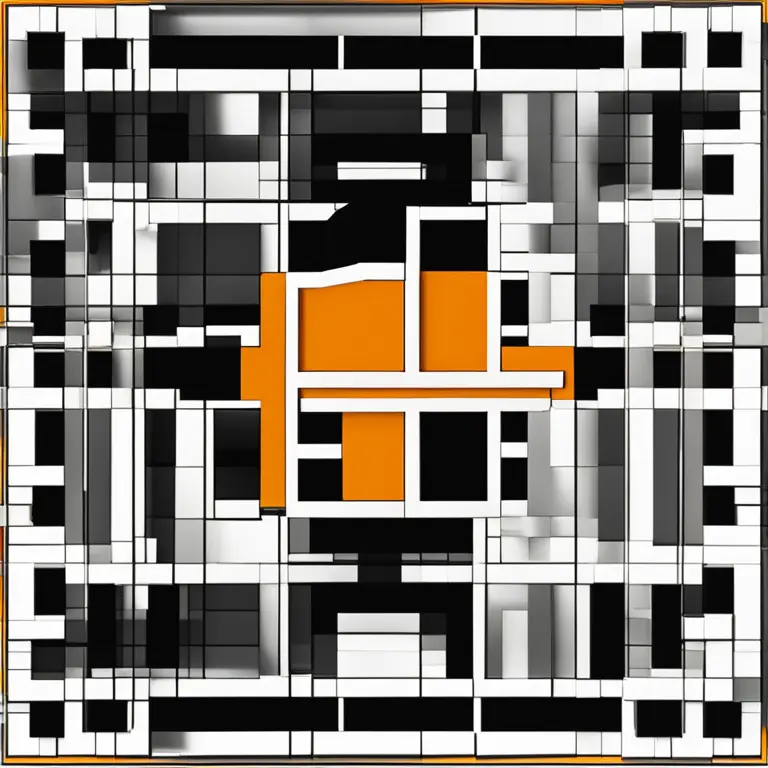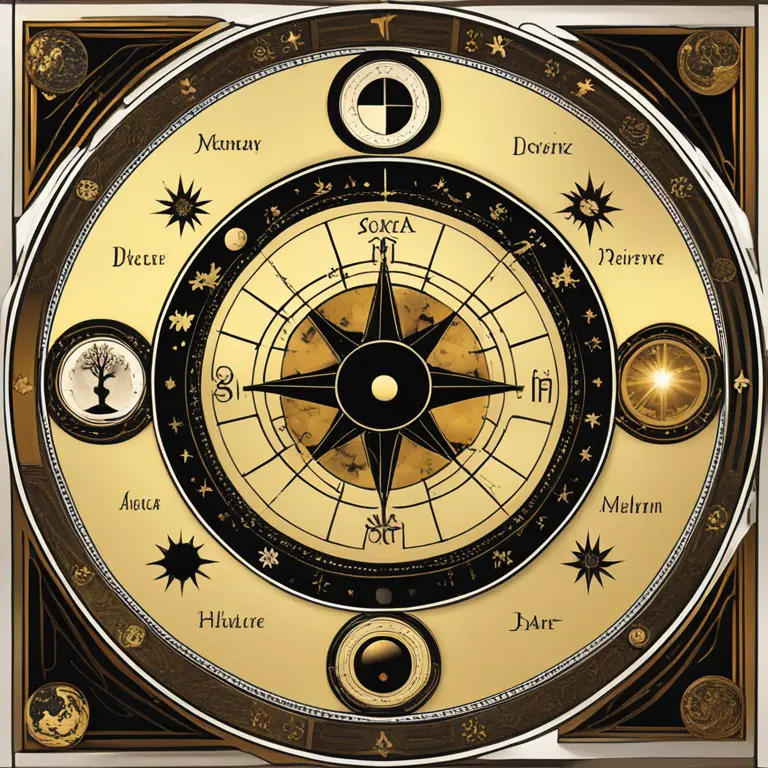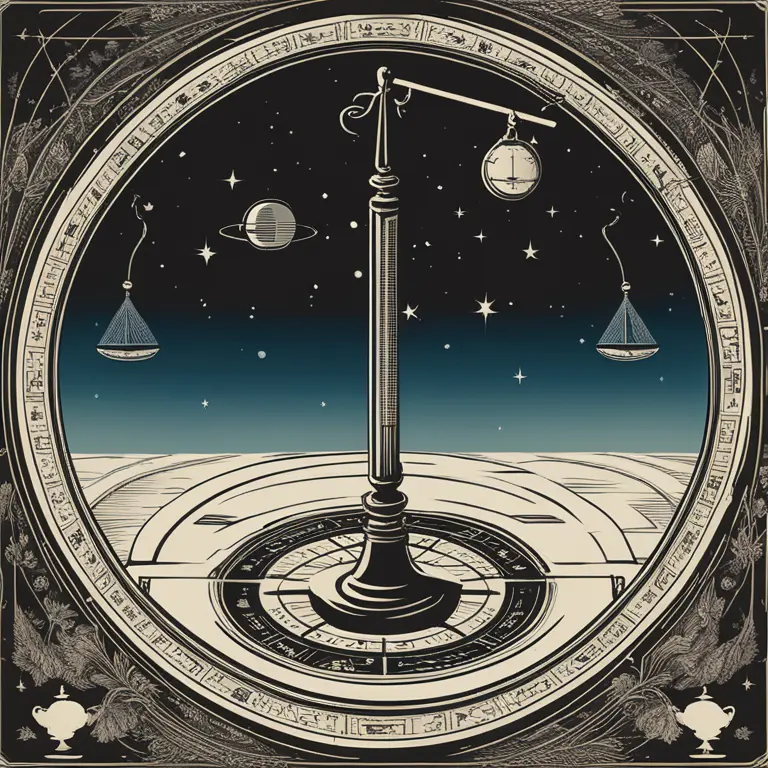
Can Astrology Predict Mortality Events?
Examining the contentious debate on whether astrology can forecast the inevitability of death and what traditional practices suggest.
article by Priya Deshmukh
Astrological Perspectives on Life and Death
Astrology, with its celestial tapestry, has long intertwined with human lives suggesting insights into personality, destiny, and critical life events. The question of whether astrology can predict death, however, remains a profoundly sensitive and complex issue. Traditionally, certain astrological practices, like Hellenistic or Vedic astrology, have claimed to provide insights into an individual's lifespan through a detailed analysis of the birth chart, with particular attention to "malefic" planets such as Saturn and Mars and specific houses related to mortality. However, modern astrologers often distance themselves from these assertions, focusing instead on astrology as a tool for personal growth and understanding life cycles.

Scientific Skepticism and Ethical Considerations
From a scientific standpoint, astrology's ability to predict specific events, including death, has been met with skepticism. Rigorous scientific methods demand reproducible evidence, which astrology, as a belief system based on celestial interpretations, has not consistently provided. Ethically, predicting death is a delicate matter. Professional astrologers adhere to a code of ethics that typically discourages or even prohibits such predictions, recognizing the psychological harm and the profound implications they can have on individuals.

Examining Historical Astrological Techniques
Historically, some astrologers employed techniques like the "death inflicting" periods, known as Maraka Dasha in Vedic astrology, and examined planets in the 8th house, associated with transformation and end-of-life matters. While these traditional methods were intended to provide insights, the consensus among contemporary astrologers is that such predictions are neither reliable nor beneficial. They argue that the astrological configurations indicative of death are also seen in times of significant but nonfatal changes in a person's life.

Psychological Effects on Believers
For individuals who place a significant belief in astrology, the idea that their horoscope could predict their death raises essential psychological concerns. The power of suggestion, coupled with the belief in an astrological forecast, might lead to nocebo effects where negative expectations impact one's health or decision-making. Responsible astrologers are aware of this and often focus on empowering clients through positive guidance rather than grim predictions.

The Future of Astrological Practice
As astrology continues to evolve, particularly with the rise of technology and tailored astrological software, the practice becomes more accessible and popular than ever. However, the role of astrology is more likely to shift further away from deterministic predictions to a nuanced form of counseling that emphasizes personal agency. While astrology can highlight potential trends and challenges, it places more importance on the individual's ability to navigate their life path.
Conclusion: Embracing Astrology's Symbolic Language
Astrology's true value may lie in its symbolic language and its capacity to enrich self-awareness and reflection, rather than in its power to predict finite events like death. While death remains a mystery veiled by the unknown, astrology can serve as a philosophical guide to understanding the cycles of life and the intricate patterns that make up our existence. Ultimately, the application of astrology should be rooted in compassion and wisdom, avoiding the perilous grounds of fatalistic predictions.
Published: 1/12/2024
Modified: 1/12/2024
More predictions
Come back here soon to learn more about yourself and your future


The Essence of Zodiac Water Signs
Delve into the depths of the Zodiac's Water signs: Cancer, Scorpio, and Pisces, and their profound influence on personality, emotions, and relationships.


Zodiac Sign Compatibility Handbook
Discover the astrological insights into which zodiac signs harmonize in love, friendship, and life with our Zodiac Sign Compatibility Guide.


Zodiac Signs & True Self Reflection
Explore the compelling connections between zodiac signs and personality traits to discover if astrology paints an accurate picture of you.